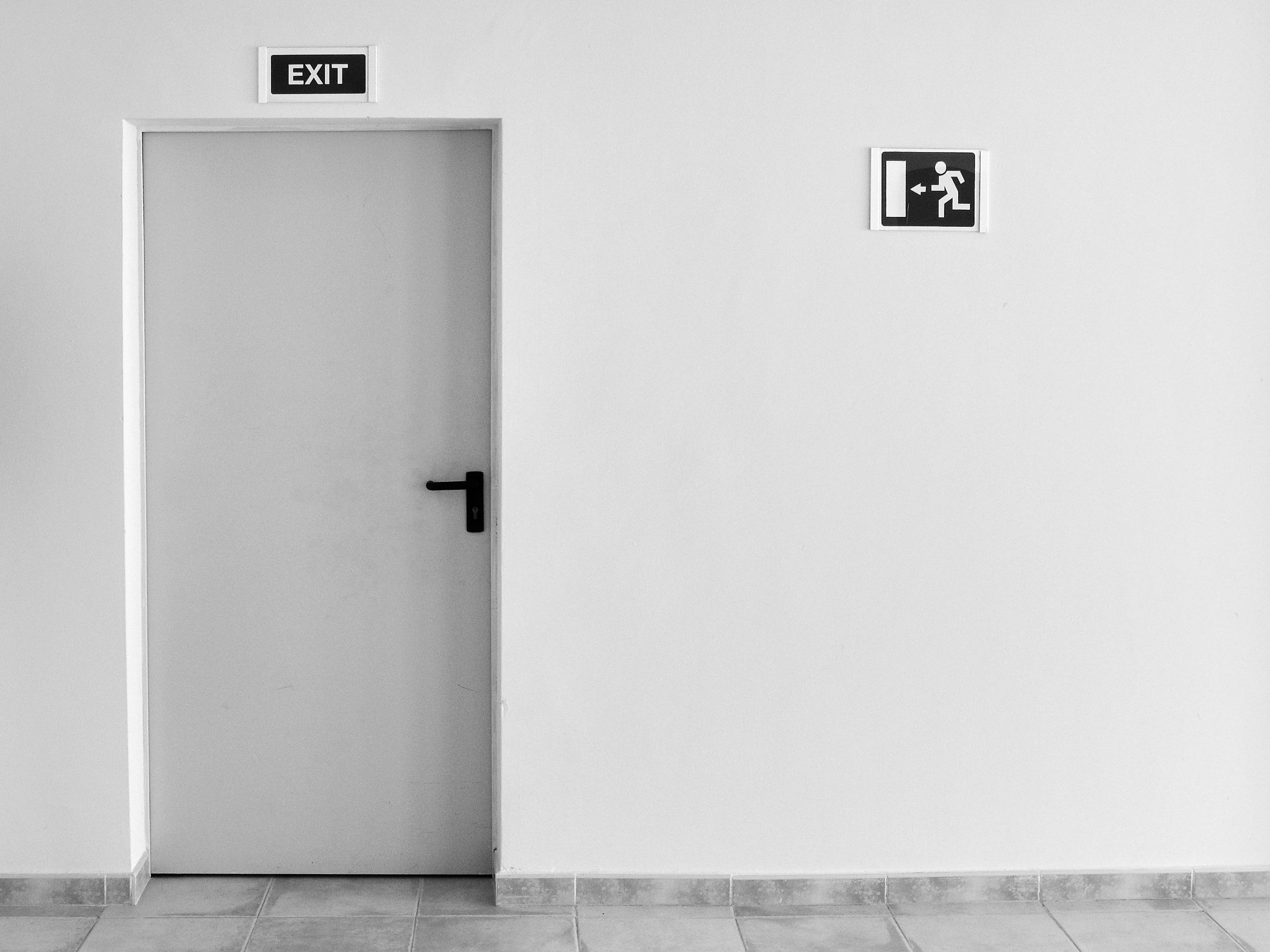First-time home seller: Don’t sell your home without reading these 5 pricing strategies
July 14, 2018

If you are a first-time home seller, pricing your home can be a tricky thing to do. If you are serious on selling your home on your own, learning some basic pricing strategies can go a long way in helping you get the best price for your home (and even if you are intending to use an agent).
So as a (clueless?) first-time home seller, one of the first things you will need to do is establish a price. Previously we wrote about 5 tips you need to do before you start to sell your home now it is all about how you should go about pricing your home. To start off, you will need to do some homework. If you are selling your condo or HDB visit the links to find out the past history of similar units sold. Now get a range of prices from low to high. For higher priced properties expect the spread to be bigger, and for lower priced properties these will be relatively smaller.
Once you have this range of prices in mind you can more accurately narrow it down.
Here are the 5 pricing strategies for the home seller:
So many readers write in because they're unsure what to do next, and don't know who to trust.
If this sounds familiar, we offer structured 1-to-1 consultations where we walk through your finances, goals, and market options objectively.
No obligation. Just clarity.
Learn more here.
1. Price smartly to be found
90% of home buyers have searched online at some point during the home search process. So it is only right to play your cards right when it comes to pricing your home. For example, if a home buyer has a budget of $700,000, the search parameters that they would be using would most probably be anything under that. So if you price your home at $720,000 you might miss out on a whole group of interested buyers.
2. Think low, not high
Although it seems counter intuitive, pricing your home too high is often not a good idea. You might think that pricing it high allows you leeway for negotiations, but in reality it puts off many potential buyers. As a first-time home seller, it is better to price low and invite views to create more interest and demand. If you want to know more about this, here is an extended take on this.
3. Snuff out weird numbers
Sometimes home sellers like to put certain numbers because they believe it is their “lucky” number. So it is not uncommon to see homes with pricing like $567,888. Of course, this may be done to stand out from the other listings too. But sometimes it can lead to unwanted opinions formed of you as the home seller before any negotiations are even done. Research has also shown that an exact asking price like $567,888 can indicate that the price is less negotiable than a round number such as $580,000.

Property Market CommentaryWhy Your Financial Future Depends On Your Exit Strategy
by Stanley Goh4. The power of 9
If you look at most prices in any store, you will see prices that end with the number 9 everywhere. In fact, it is even rare to see a whole number at all. No doubt many of you would know about this tactic, and most will be skeptical about it. But according to research by MIT and the University of Chicago, the number 9 still sells the best even when compared to cheaper price points. This is because it sways buying decisions on a subconscious level, it makes it seem like a good deal. The aim is to play on the way our brain looks at numbers, pricing it as such just helps to reinforce it.
5. Prepare a pricing plan B
If all else fails and you still believe that your home can fetch top dollar and do not want to price it lower, it is still worth preparing for the worst case scenario and have a backup plan. Having a plan B pricing helps to set appropriate expectations so when the time comes, you will be better prepared. At the end of the day, you need to know that pricing for a home will never be fixed and will be an ongoing negotiation. There are many different elements when it comes to selling a home. Things like market forces or government rulings can all come into play and affect property prices. So always do your homework to be prepared.
As always, feel free to leave a comment or if you have any questions you can reach us at stories@stackedhomes.com!
At Stacked, we like to look beyond the headlines and surface-level numbers, and focus on how things play out in the real world.
If you’d like to discuss how this applies to your own circumstances, you can reach out for a one-to-one consultation here.
And if you simply have a question or want to share a thought, feel free to write to us at stories@stackedhomes.com — we read every message.
Druce Teo
Druce is one of the co-founders at the Stacked Editorial. He was first interested in property since university but never had any aspiration to become an agent, so this is probably the next best thing.Need help with a property decision?
Speak to our team →Read next from Property Advice

Property Advice We Sold Our EC And Have $2.6M For Our Next Home: Should We Buy A New Condo Or Resale?

Property Advice We Can Buy Two HDBs Today — Is Waiting For An EC A Mistake?

Property Advice I’m 55, Have No Income, And Own A Fully Paid HDB Flat—Can I Still Buy Another One Before Selling?

Property Advice We’re Upgrading From A 5-Room HDB On A Single Income At 43 — Which Condo Is Safer?
Latest Posts

Singapore Property News REDAS-NUS Talent Programme Unveiled to Attract More to Join Real Estate Industry

Singapore Property News Three Very Different Singapore Properties Just Hit The Market — And One Is A $1B En Bloc

On The Market Here Are Hard-To-Find 3-Bedroom Condos Under $1.5M With Unblocked Landed Estate Views



































1 Comments
Price slightly lower than market by not having to fork out 2% agent fee. Find a fix price agent fee.